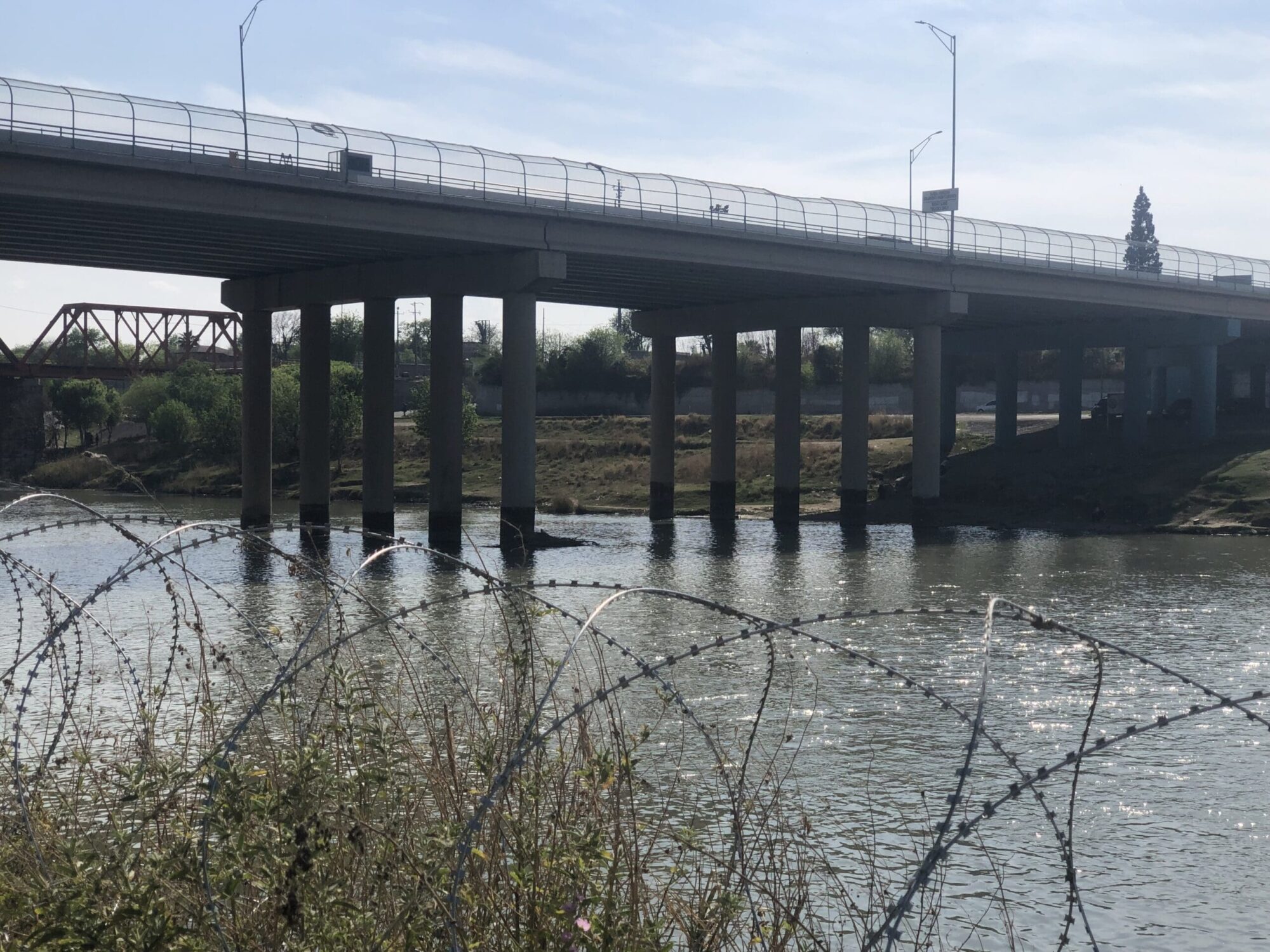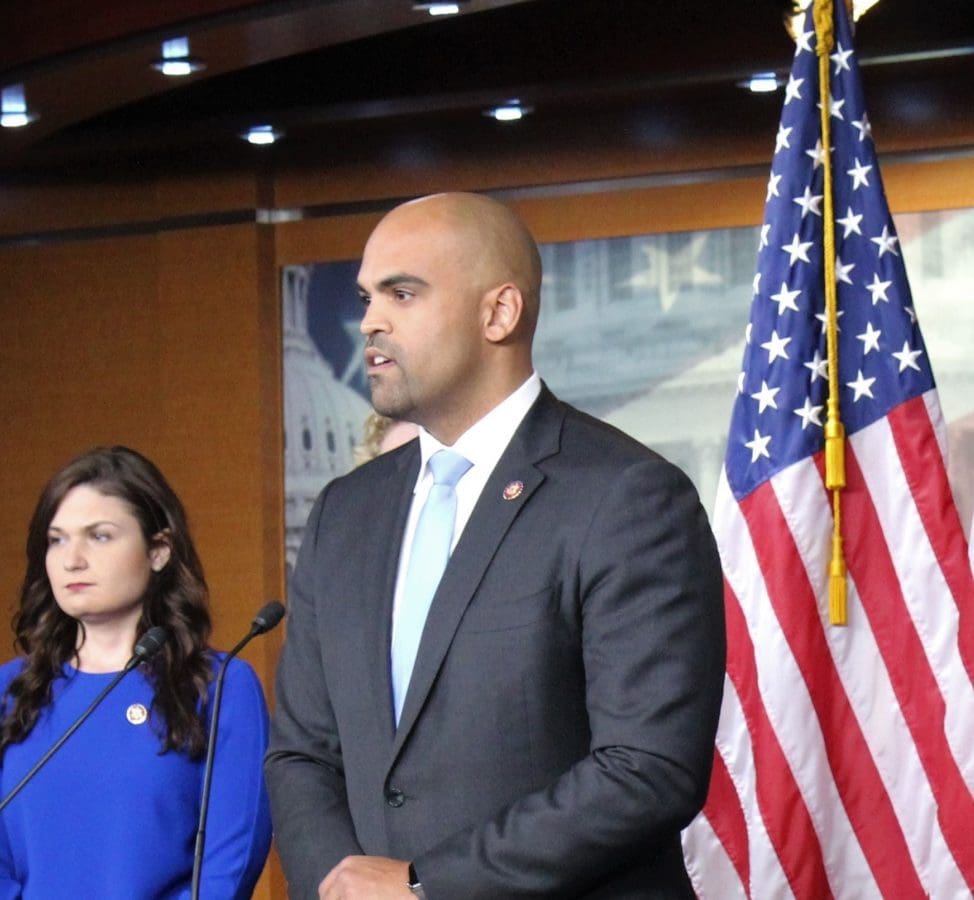The United States Supreme Court ruled today that border patrol agents have the authority to cut Texas’ concertina wire fencing previously installed at the southern border to deter illegal border crossing.
The one-page court order voids a December 19 decision by the U.S. Fifth Circuit Court of Appeals that previously prohibited federal agents from destroying or removing the wire fences.
The 5-4 vote by the Supreme Court follows a granted emergency request by the Biden administration to allow federal agents to destroy the border fences.
The order notes that Justices Clarence Thomas, Samuel Alito, Neil Gorsuch, and Brett Kavanaugh would have rejected the Biden administration’s request—meaning support would come from Chief Justice John Roberts and Justices Sonia Sotomayor, Elena Kagan, Amy Coney Barrett, and Ketanji Brown Jackson.
“The Supreme Court’s temporary order allows Biden to continue his illegal effort to aid the foreign invasion of America,” Texas Attorney General Ken Paxton wrote on X today. “The destruction of Texas’s border barriers will not help enforce the law or keep American citizens safe. This fight is not over, and I look forward to defending our state’s sovereignty.”
Gov. Greg Abbott was equally emphatic, writing: “This is not over. Texas’ razor wire is an effective deterrent to the illegal crossings Biden encourages. I will continue to defend Texas’ constitutional authority to secure the border and prevent the Biden Admin from destroying our property.”
Last year, independent journalists Auden Cabello and Efrain Gonzalez shot footage of the destruction of the wire fences. Federal agents are expected to do the same again now that the court has rescinded the order halting them.
The legal feud between the Biden administration and Texas continues to rage over several forms of physical border security measures—including the wire fences and the buoy barriers in the Rio Grande.
Last week, the Fifth Circuit granted Paxton’s request to rehear that particular case on the marine barriers in a full court (en banc) as opposed to the smaller panel of judges.
The buoy barriers are set to stay in place until the case is heard during the first week of May.
No ads. No paywalls. No government grants. No corporate masters.
Just real news for real Texans.
Support Texas Scorecard to keep it that way!





